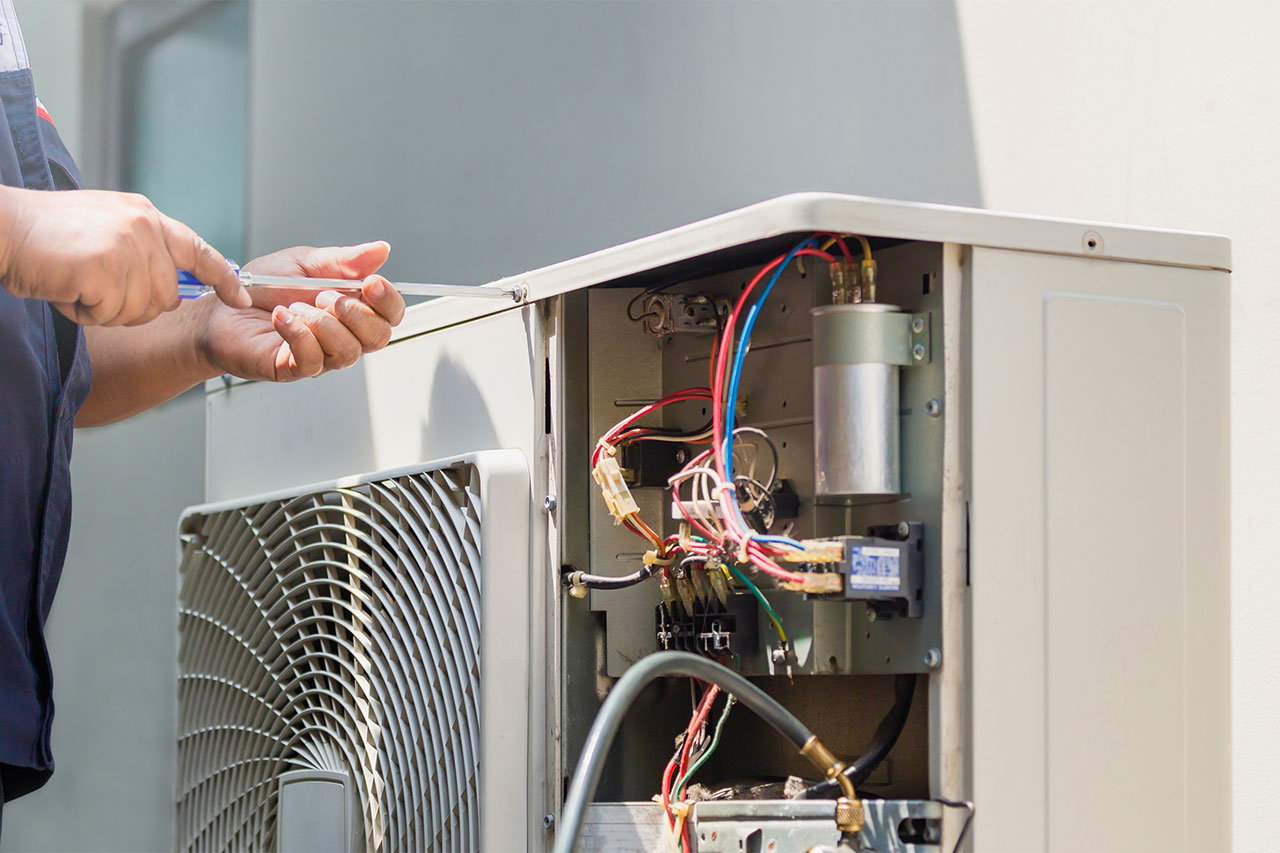In terms of ensuring a comfortable environment in our homes and workplaces, understanding HVAC mechanisms is crucial. HVAC, meaning heating, ventilation, and air conditioning, has a key role in ensuring indoor air quality and temperature control. As energy costs continue to rise, understanding how these systems function and their efficiency ratings can help homeowners and business owners develop knowledgeable decisions that result in both comfort and cost reductions.
One of the important components to understand when picking or maintaining an HVAC system is the significance of efficiency ratings. Two key metrics in this aspect are SEER, or Seasonal Energy Efficiency Ratio, and AFUE, or Annual Fuel Utilization Efficiency. These ratings give clarity into how effectively an HVAC unit performs and can influence everything from installation costs to monthly energy bills. In this article, we will explore the meanings of SEER and AFUE, detailing how they affect the efficiency of heating and cooling systems and providing guidance on choosing the right system for your situation.
The Way HVAC Components Work
HVAC systems, which stand for heating, ventilation, and air conditioning, are designed to manage the climate within residential and spaces. These systems operate on the fundamental principle of heat transfer, using various components to either warm or cool the air. The two main functions—heating and cooling—are accomplished through different processes. Heating is usually achieved via furnaces, heat pumps, or boilers, while cooling is achieved through air conditioning units or chillers. Understanding how these components interact is key to maintaining a pleasant indoor environment.
Air circulates through the HVAC system via a system of ducts, which distribute treated air around the building. When heating is required, the system intakes cooler air, warms it, and pushes it back out through the ducts. In contrast, during warmer months, the air conditioning component cools the air by passing it over refrigerant coils. This method not only lowers the temperature but also dehumidifies the air, improving comfort levels. Proper airflow and duct design design for maximizing efficiency in both cooling modes.
Moreover, ventilation plays a significant role in maintaining indoor air quality. https://click4r.com/posts/g/19973238/how-to-reduce-allergy-triggers-using-the-hvac-unit are equipped with filters that capture dust, allergens, and other pollutants, making sure that the air circulated in your home or business is healthy and healthy. Regular maintenance, including changing filters and system inspections, can help deter common issues that may affect the performance of the HVAC system. By understanding how each part operates and works together, homeowners can make knowledgeable decisions about their heating and cooling needs.
HVAC Maintenance Tips
Consistent maintenance of your heating, ventilation, and air conditioning system is crucial to ensure it operates efficiently and efficiently. One of the simplest yet most important tasks is changing air filters. Clogged filters restrict airflow, forcing your system function harder and potentially leading to higher energy bills and excessive wear. It is recommended to monitor filters on a monthly basis and swap them each 1 to 3 months, according to usage and the kind of filter.

Another important maintenance task is booking once-a-year professional evaluations and tune-ups. A skilled technician can spot potential issues before they become significant problems, making sure your system operates smoothly. During these inspections, the technician can maintain the components, monitor refrigerant levels, and check ducts for leaks. This preemptive approach not only improves efficiency but also prolongs the duration of your HVAC system.
Lastly, do not neglect the outdoor unit of your HVAC system. Maintaining the area around the outdoor condenser clear of debris, leaves, and grass can help preserve proper airflow and cooling efficiency. Additionally, ensuring that the blades are clean and not damaged can further enhance performance. Frequently inspecting these areas and taking the required steps to keep them in excellent condition will help your HVAC system operate effectively throughout the entire year.
Selecting the Suitable HVAC System
Selecting the appropriate HVAC solution for your home requires considering multiple critical factors, including the size of your space, your finances, and your energy requirements. First, assess the square footage of your home and your specific heating and cooling requirements. A experienced HVAC technician can perform a load calculation to determine the appropriate system capacity, which ensures efficient performance and comfort. Investing in the correct size system will help avoid issues such as inadequate heating or cooling and unnecessary energy consumption.
Next, take into account the energy efficiency ratings of various HVAC systems. Look for models with high Seasonal Energy Efficiency Ratio (SEER) for cooling and Annual Fuel Utilization Efficiency (AFUE) for heating. These ratings demonstrate how efficiently the systems operate, which can lead to lower energy bills over time. Additionally, consider the type of system that is most suitable for your lifestyle. Options include traditional central air and heating units, ductless mini-split units, or even smart solar-powered HVAC systems, each with unique benefits.
Lastly, think about the long-term maintenance factors and possible upgrades for your selected system. Regular maintenance is crucial for keeping your HVAC system running optimally, so think about how accessible service options are in your area. Additionally, look for elements that allow for upcoming innovations, such as smart thermostats or compatibility with energy-efficient technologies. By taking these issues into account, you can reach an informed choice that enhances your home's comfort and energy efficiency.
